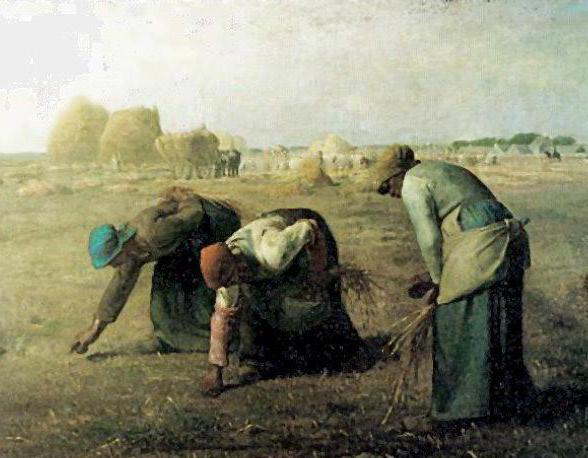At WiseGEEK, we're committed to delivering accurate, trustworthy information. Our expert-authored content is rigorously fact-checked and sourced from credible authorities. Discover how we uphold the highest standards in providing you with reliable knowledge.
What Is Fine Art Consulting?
Fine art consulting services provide a number of services, consulting, and information regarding the selling, procurement, installation, and assessment of fine art items or collections for individual collectors, museums, or multi-national corporations. Specialists in fine art consulting may also collaborate with interior designers and architects to procure fine art for specific buildings or projects. The people in this area of expertise typically have an extensive background working with fine art galleries, corporations, private art collectors or museums. The main purpose of hiring a fine art consultant is to locate, assess, and purchase fine art that is collectible, aesthetically pleasing to its environment, and likely to increase in value over time. Typically, a fine art consultant works with or represents a number of exceptional, proven, and experienced individual artists.
Continual research and analysis of the ever-changing and sometimes volatile fine art market is a prerequisite for anyone in fine art consulting. Providing and arranging for authentication or appraisal of certain fine art by qualified experts or institutions is also an important part of serving as a fine art consultant. Proper assessment of the authentic value of specific artwork is necessary for insurance purposes and to determine the long-term value of a piece of artwork. Fine art consulting may also require an extensive knowledge of art history and art law as well as a far-reaching network of fine art galleries, collections, and museums around the world.

Typically, a fine art consultant works with or represents a number of individual artists who have either produced award-winning work or whose artwork is included in other corporate or private fine art collections. These artists may create work in a number of styles, including impressionist, expressionist, abstract, modern or realist. Some artists are well-established, while others may be mid-career or emerging artists. The artists represented by a fine art consulting firm typically offer a wide variety of subjects, styles, media, techniques, and prices for their fine art.

Whether for a global corporation, the lobby of a local office building, or a quaint restaurant, experts in fine art consulting assist their clients in finding just the right type of fine art for any space. Other services may include providing framing services, custom lighting, special transportation, and installation of fine art. Fine art consulting may also include assessing a space to determine the proper size and type of specific fine art as well determining location. A consulting service may provide fine art collection management that includes rotating specific artwork, updating fine art appraisals, or arranging for collection maintenance and repair.
AS FEATURED ON:
AS FEATURED ON:













Discussion Comments
@pleonasm - It must be such an interesting job. It would really suit someone who is a bit arty themselves, as you'd have to really figure out what kind of pieces a person would like in order to match them to the right artists.
Plus, you'd get to go to all the gallery openings and basically look at lovely bits of art all day. It sounds like my dream job, actually. I suppose most people get into it through working in a gallery, or by working their way up through a company.
@pastanaga - Well, I think the consultants work with the artists to make sure that doesn't happen. After all, it's in everyone's best interest for the art to continue to have worth. To some extent it's completely subjective, of course, but since everyone agrees on what has worth for the most part, it continues to have worth.
That said, personally, I would never buy a piece as an investment alone. That's the real beauty of a good fine art consultancy. They aren't just looking to make money for you, they are looking for something that you will enjoy and that will look good in your home or business. For the most part, they will just be drawing your attention to pieces that they think will interest you, and then arranging the sale if you're interested.
That's why I think they end up working with artists more than buyers. They need to keep up to date with whatever is available.
I suppose working as a fine art consultant, particularly when it comes to procurement, must be somewhat akin to working in the stock exchange. To some extent, it's all luck, really. I mean, you can have all the knowledge in the world, and still not make the right choice, because of unforeseen circumstances.
Fine art does seem like a somewhat stable investment and I suppose it is if you are getting a piece that's by someone very famous, but once you get down from that level and start investing in contemporary art, there is always the risk that the artist will sink into obscurity, or perhaps flood the market with too many pieces which might even be worse.
Picasso, for example, is everywhere. At one point he was painting two or three works per day, which is why those works are only worth a few thousand each, if that. If a current artist suddenly decided to follow suit, it might depreciate all the pieces that had come before.
That might not seem like much of a risk, but if you pay thousands of dollars for a piece and it goes down to hundreds of dollars instead, that's quite a big loss.
Post your comments